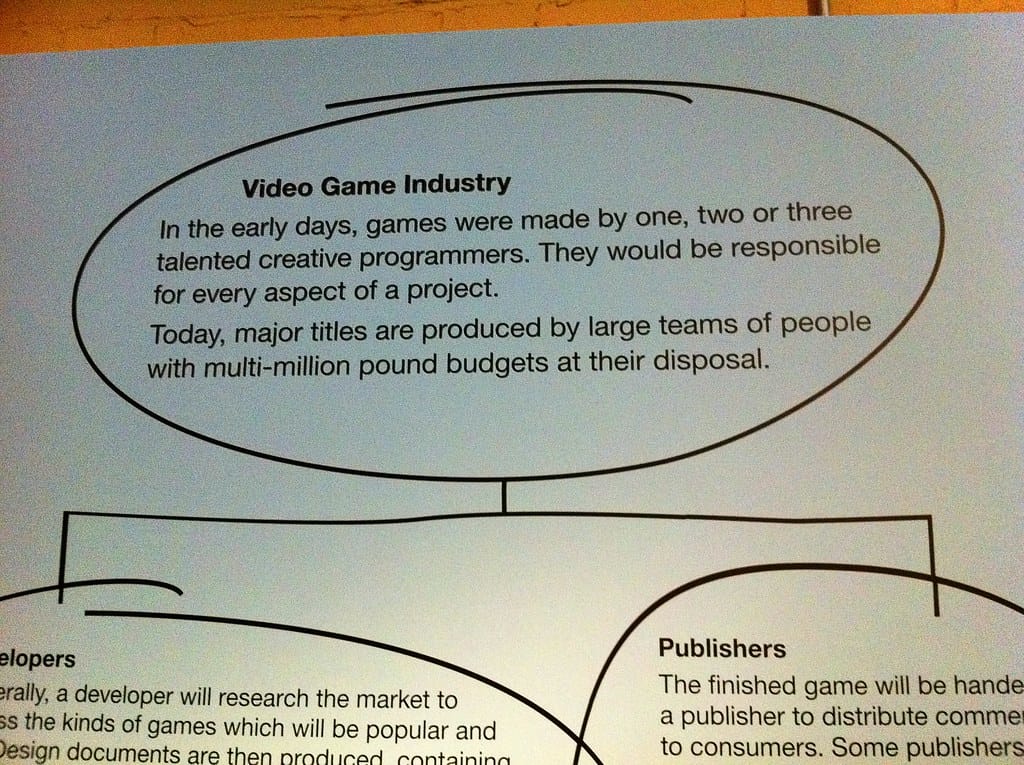Former PlayStation Executive Sparks Industry Debate: Game Subscriptions Create "Wage Slave" Developers
A veteran gaming industry leader's controversial comments about subscription services have ignited fierce discussions about the future of game development compensation and creative freedom.
Shawn Layden, former Chairman of Sony Interactive Entertainment Worldwide Studios, has delivered a scathing critique of the gaming industry's shift toward subscription-based models, arguing that services like Xbox Game Pass are transforming talented developers into "wage slaves" who sacrifice creative autonomy for guaranteed paychecks.
The Subscription Revolution Under Fire
Speaking at a recent industry conference, Layden didn't mince words when describing the current trajectory of gaming economics. His central argument revolves around how subscription services fundamentally alter the risk-reward dynamic that has traditionally driven innovation in game development.
"When developers become dependent on subscription revenue streams, they lose the entrepreneurial spirit that creates breakthrough gaming experiences," Layden explained. "Instead of betting on their creative vision, they're essentially becoming employees of the platform holders."
The gaming subscription market has exploded in recent years, with Microsoft's Xbox Game Pass leading the charge alongside services like PlayStation Plus, EA Play, and Ubisoft+. These platforms promise consumers unlimited access to vast game libraries for monthly fees, fundamentally changing how developers get compensated for their work.
The Economics of Creative Freedom
Layden's concerns stem from how subscription models typically compensate developers. Rather than receiving revenue based on individual game sales and success metrics, developers often receive flat fees or engagement-based payments that may not reflect the true value or cultural impact of their creations.
This shift represents a dramatic departure from traditional publishing models where successful games could generate substantial profits for their creators. Under subscription systems, even critically acclaimed titles may yield similar compensation to mediocre offerings, potentially stifling the incentive for groundbreaking innovation.
Consider the contrast: a developer who creates the next The Witcher 3 or Among Us under a traditional model could see massive financial returns that fund future ambitious projects. Under subscription models, that same revolutionary game might generate the same developer compensation as a formulaic sequel.
Industry Pushback and Defense
Not everyone agrees with Layden's assessment. Xbox head Phil Spencer has consistently argued that Game Pass actually liberates developers by removing the pressure of day-one sales performance. "Developers can take more creative risks when they're not worried about whether their game will sell enough copies in the first week to recoup development costs," Spencer countered in a recent interview.
Microsoft reports that Game Pass has over 25 million subscribers, generating substantial revenue that gets distributed to participating developers. The company argues this model provides more predictable income streams and allows developers to focus on creating engaging long-term experiences rather than optimizing for initial sales spikes.
The Broader Implications for Gaming Culture
Layden's critique touches on deeper questions about the gaming industry's evolution. The subscription model mirrors trends in other entertainment sectors, from Netflix in streaming to Spotify in music, where content creators often struggle with compensation models that prioritize platform growth over individual creator success.
The gaming industry has historically celebrated the "bedroom developer" success story – small teams or individuals creating breakout hits that generate life-changing wealth. Layden argues that subscription models could erode this possibility, making game development more akin to traditional employment rather than entrepreneurial ventures.
What This Means for Gamers and Developers
For consumers, subscription services undeniably provide exceptional value, offering access to hundreds of games for less than the cost of a single new release. However, Layden's warnings suggest this convenience might come at the cost of the industry's long-term creative vitality.
Developers face increasingly complex decisions about how to monetize their work. While subscription platforms offer guaranteed revenue and reduced marketing costs, they may also limit the upside potential that has historically funded the industry's most ambitious projects.
The Path Forward
As the gaming industry continues evolving, finding balance between consumer value and creator compensation remains crucial. Layden's "wage slave" terminology may be provocative, but it highlights legitimate concerns about maintaining the entrepreneurial ecosystem that has produced gaming's most innovative and beloved experiences.
The ultimate test will be whether subscription-funded games can maintain the creative ambition and risk-taking that has defined gaming's greatest achievements. Both platform holders and developers must ensure that convenience for consumers doesn't come at the expense of the creative freedom that makes gaming such a dynamic and exciting medium.
The debate Layden has sparked will likely intensify as subscription services continue growing, making his warnings either prescient concerns or outdated resistance to inevitable industry evolution.
